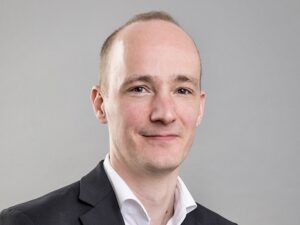Brussels, 15 December 2019
What happened at the Waldorf 100 conference in Brussels?
Inspiration, beauty and vibrant energy are some of the keywords describing the mood of the conference
On 7 November 2019, ECSWE hosted the international conference “The art of education: Empowering our children to shape their future” in the beautiful Royal Flemish Theatre of Brussels. A diverse public of 180 participants attended including EU representatives and officials, representatives from ECSWE partner organisations, ECSWE representatives and members of their national associations, educators, students and parents from around Europe, representatives of independent or free school associations and other stakeholders active in the field of education.
The event was very well received by participants describing it as a “truly wonderful conference that felt like a vision of Waldorf education into the future” and that it was “festive, challenging and full of movement”, and “inspiration that leads to action”.
Morning
The morning programme including warm welcoming words, a brilliant keynote address by prof. Gert Biesta and a rich panel discussion with four experts in different fields of education evolved around the first two key questions of the day: How can education empower children to build meaningful relationships with the world? and What does education need to focus on in a society with instant access to vast amounts of information?
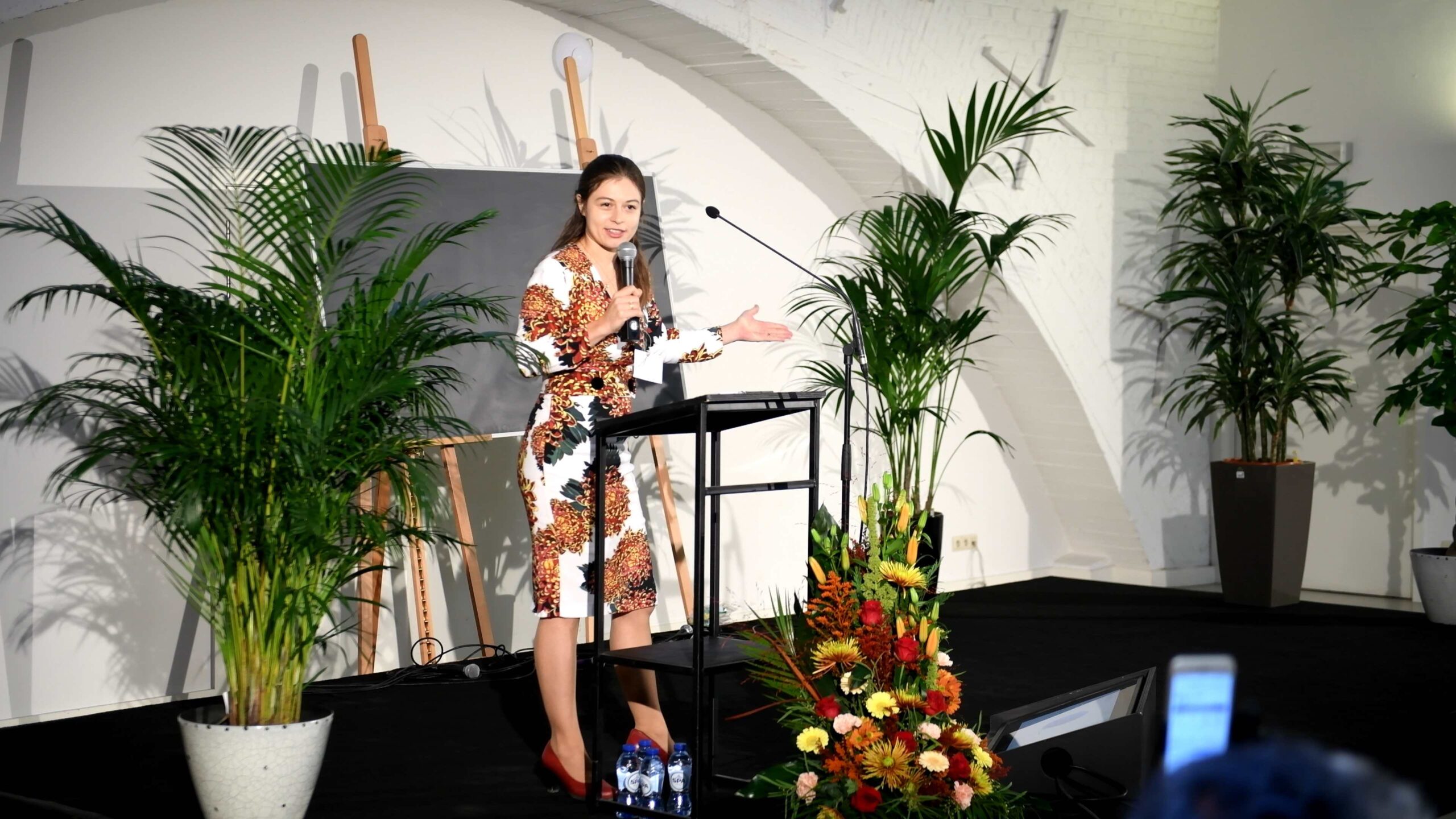
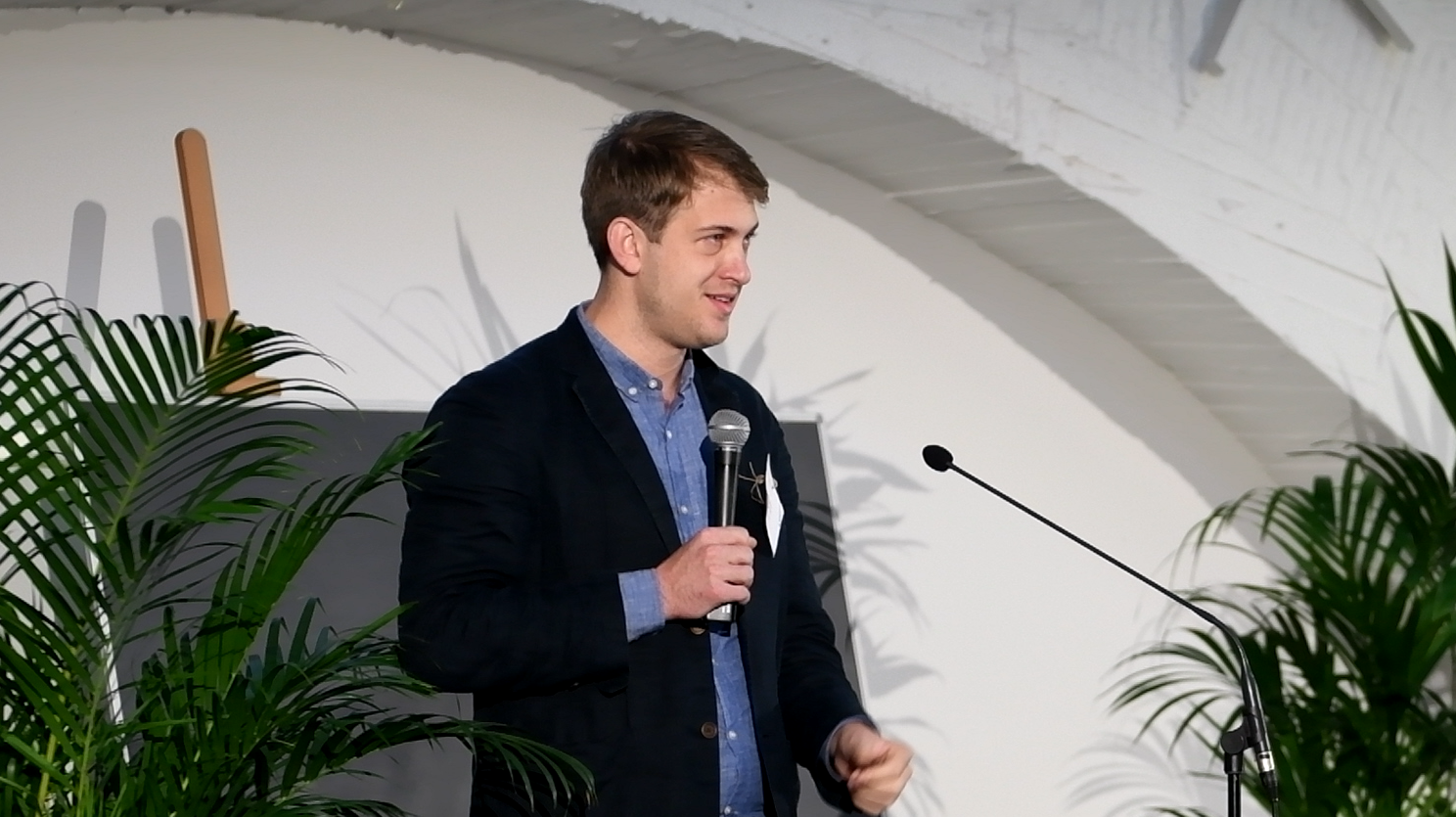
Words of welcome
Keynote address by Prof. Gert Biesta: Trying to be at home in the world, education for the present
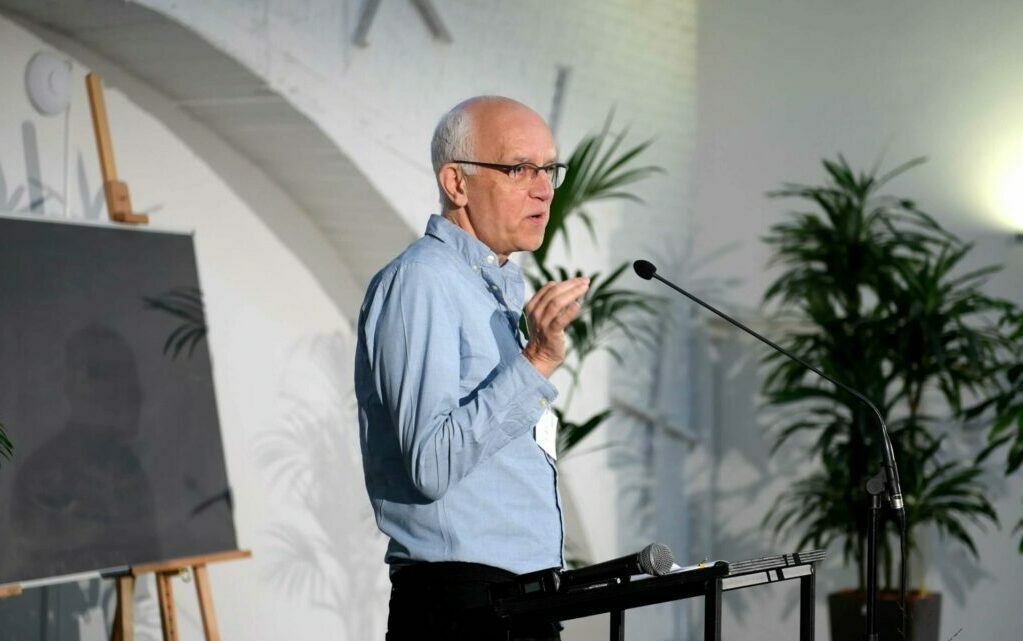
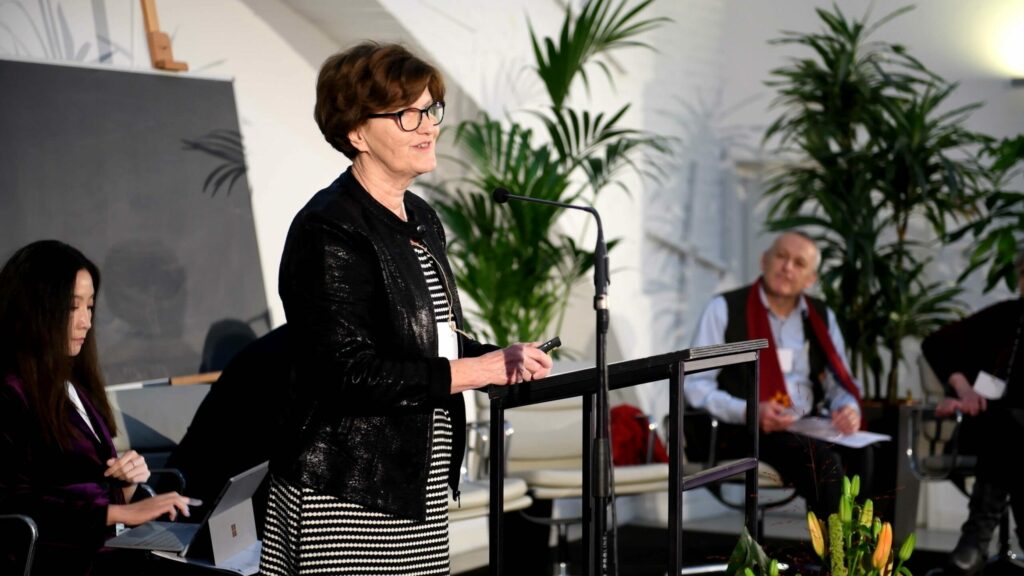
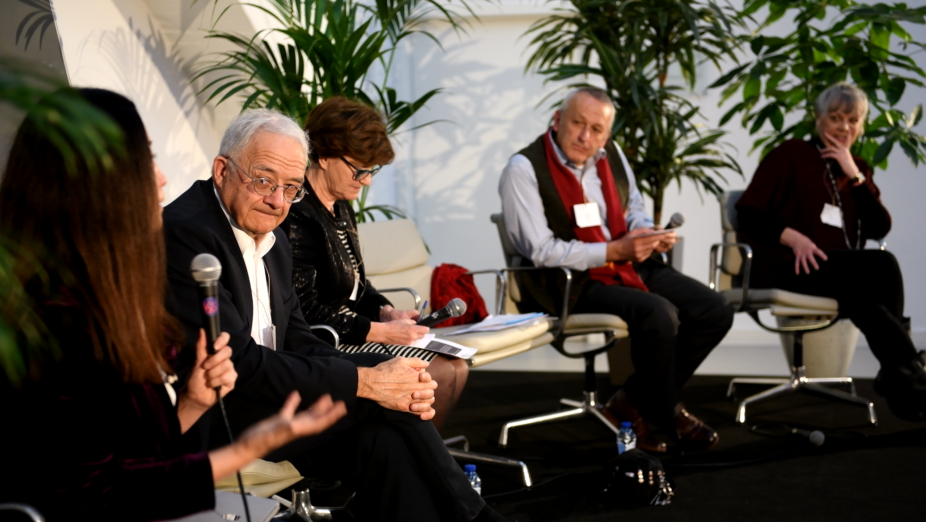
Panel discussion, Tomorrow’s education: how it could be
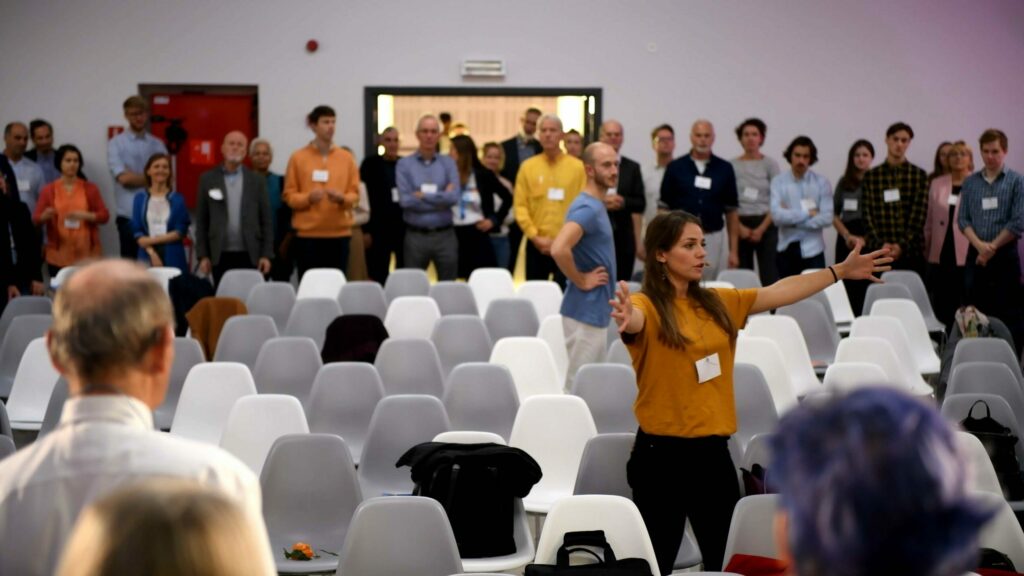
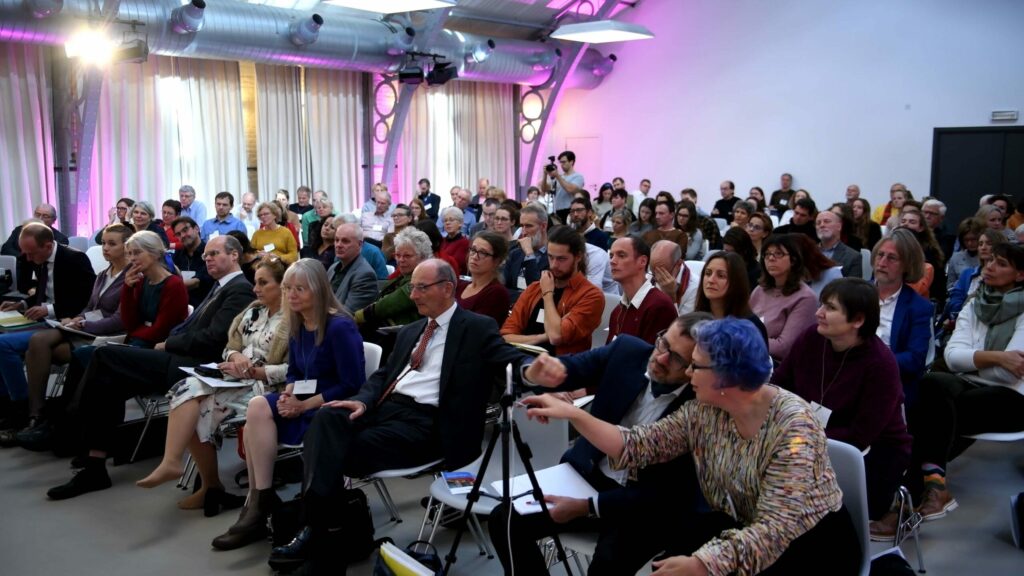
Afternoon
After lunch we moved on to the third question, what contribution can Steiner Waldorf pedagogy make to education policies, curricula design, assessment and the implementation of the EU Key Competences?
The audience split in 15 working groups that each discussed a key competence or an overarching theme. Waldorf pupils from Belgium and the Netherlands participated in the event and shared their impressions in the student panel that followed.
The end of the afternoon brought this all together with a policy panel featuring Michael Teutsch (EU Commission), Arjana Blazic (Croatian ministry) and Julie Ward (EU Parliament), an inspiring concluding contribution by Florian Osswald and music that was delivered with a virtuosity that stunned the whole room by a quintet from Stuttgart.
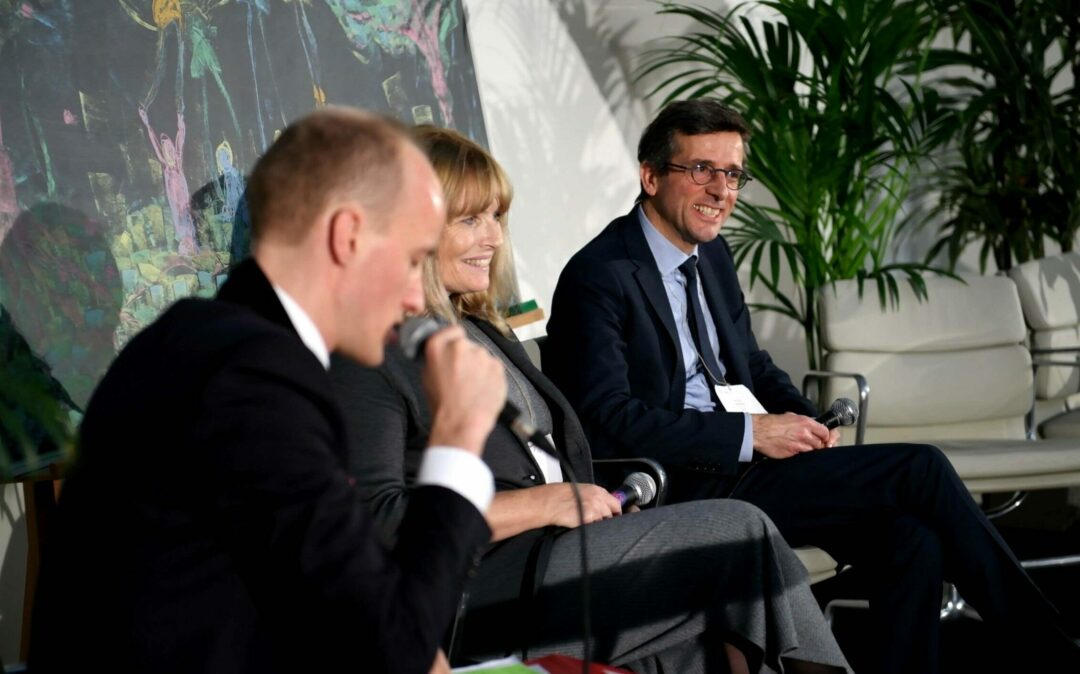
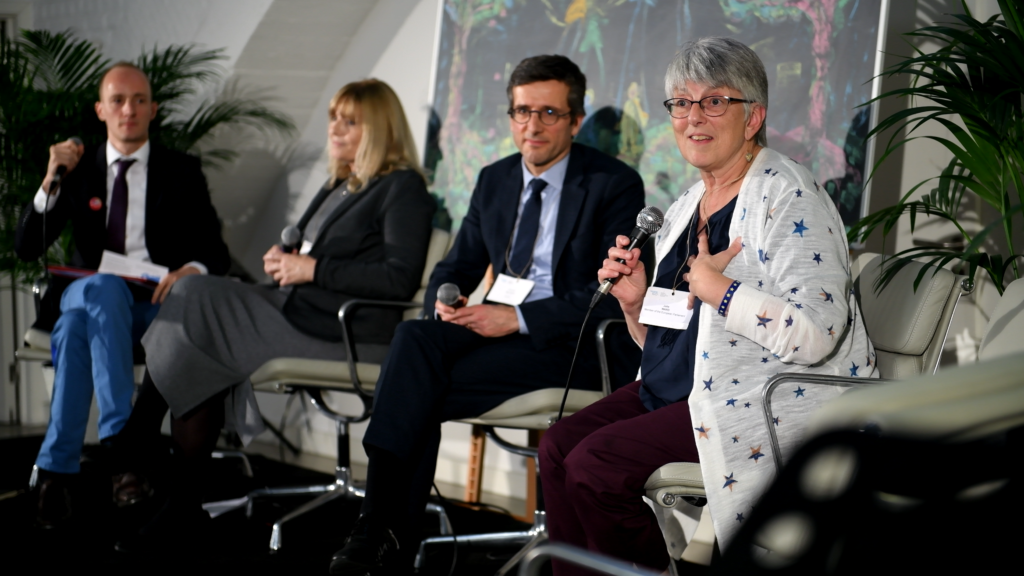
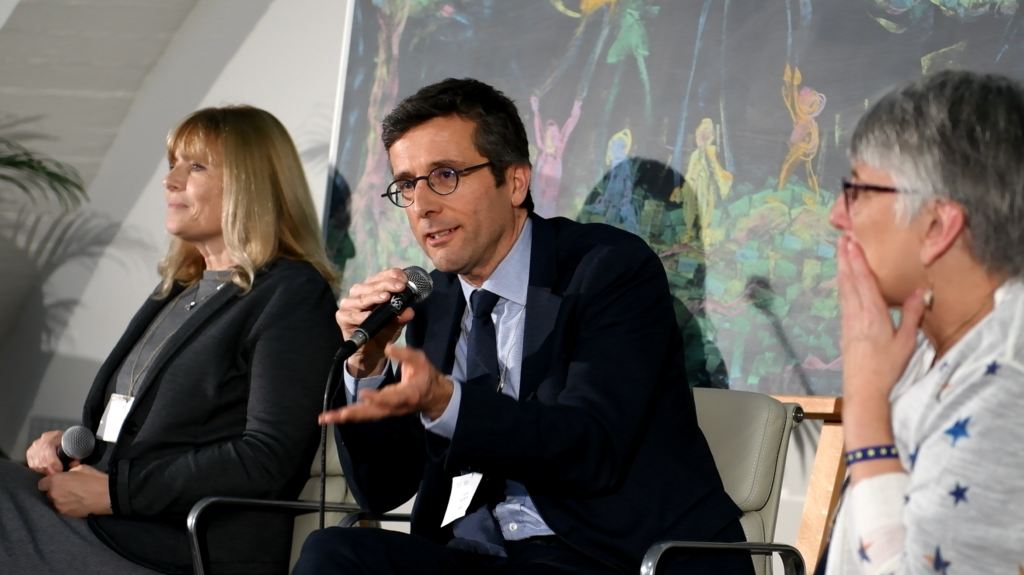
Student panel
Policy Panel
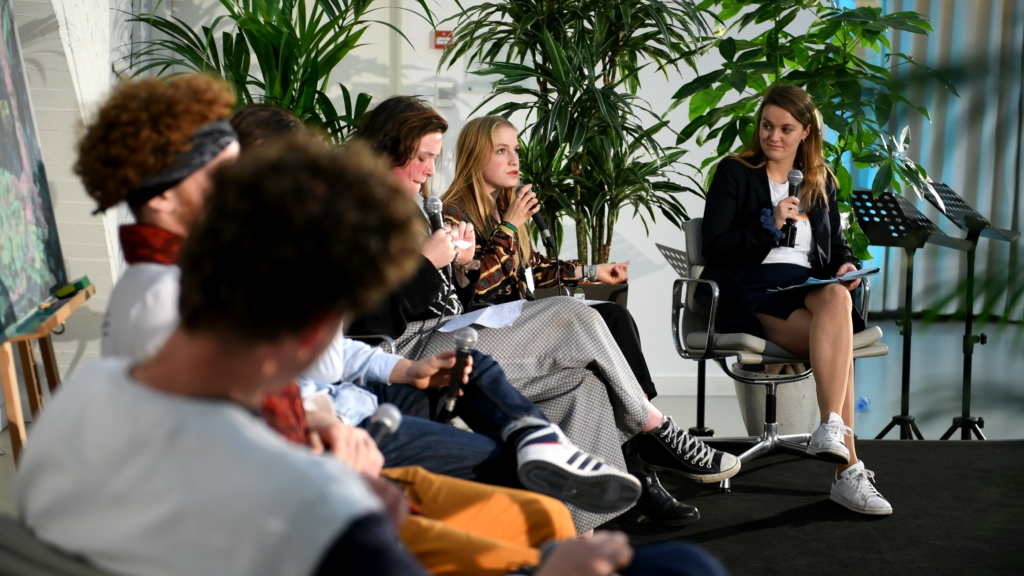
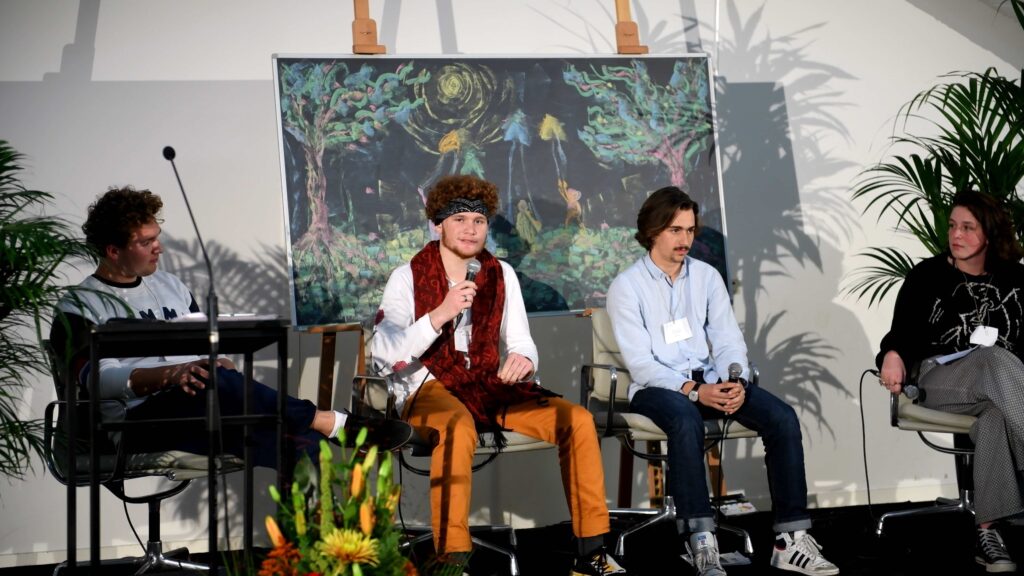
Conclusion by Florian Osswald, leader of the pedagogical section in the Goetheanum
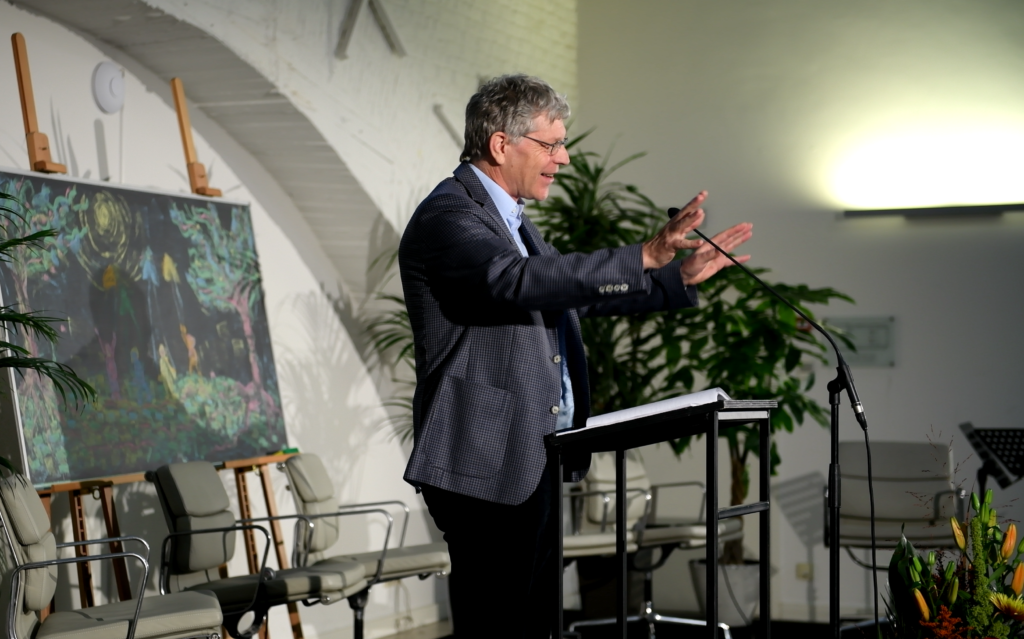
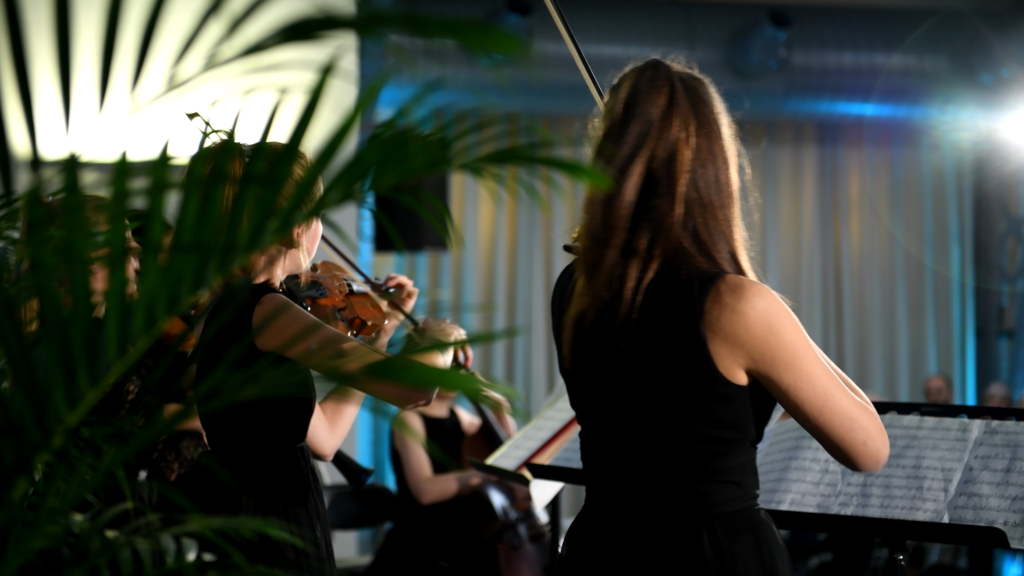
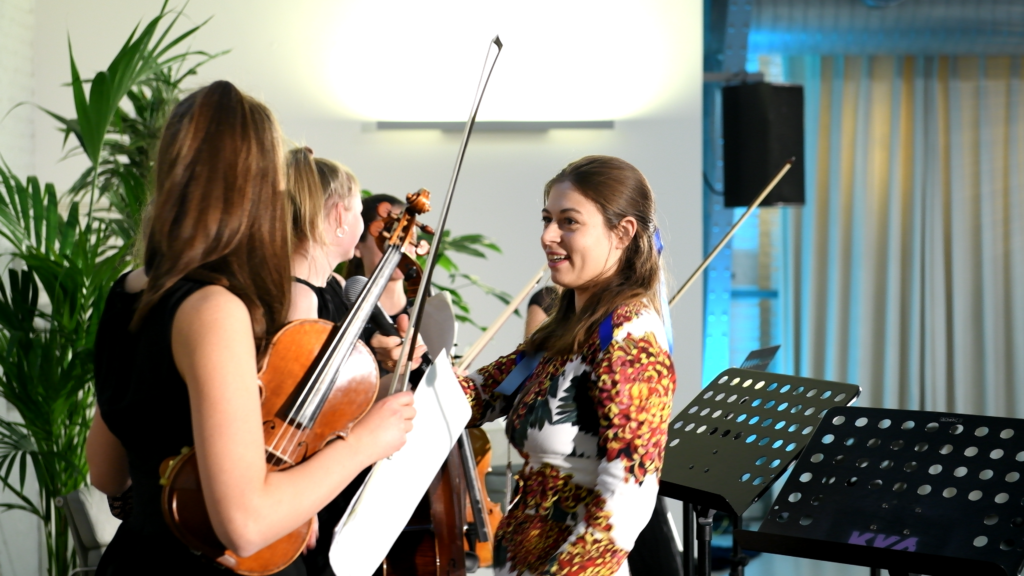
A question? Please don’t hesitate to contact us!
